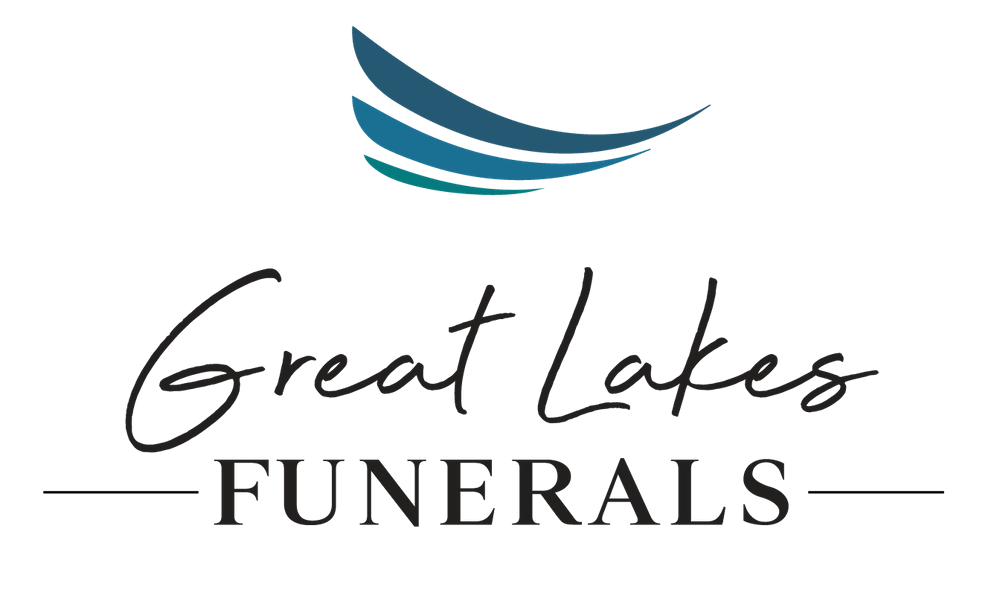A Conversation with Emma Millington : Your Trusted Funeral Director in Forster
Can you tell us a little about yourself and what led you to a career in funeral service? I am a mum to 3 children. I have been part of the Forster /Tuncurry community for the past 6 years. My 3 children play for local football and Netball clubs. After a long career in aged care and a love of caring for people, I applied for a job as a funeral assistant, but this quickly moved into a funeral arranging role, a role I really love doing.
Experiencing Personal Grief Have you personally experienced significant loss? Can you share a little about that time and how it affected you? Although I haven’t experienced a personal loss directly, my career in aged care exposed me to the emotion of loss, being by residents’ side as their journey was ending, spending this time alongside families and sharing their grief.
What do you find most rewarding about being a Funeral Director? I love being able to help others in their time of need. I enjoy building relationships with families and to be there to support them through their journey of celebration and a life well lived.
What are some of the most challenging aspects of your role, and how do you manage them? Challenges can come in many forms, from dealing with difficult individuals or complete families, no 2 families are the same. I thrive on finding solutions to unusual or peculiar requests, to find a solution that not only satisfies a need but also offers a compromise.
Supporting Families. I feel my caring, empathetic nature and my ability to relate on a very personal level is my best quality to support families in their time of need.
Are there any particular moments or stories from your career that stand out to you as especially meaningful? I have experienced many memorable moments in my career. A Thank you card, text message or email from families thanking me for providing care, compassion and thoughtfulness to them and their families and passing the comments “You are perfect for this role” is so meaningful to me and will be remembered.
Coping Mechanisms; How do you cope with the emotional demands of your job? My children and family are my world, spending time with all of them allows me to be able to bring out the best in me.
Do you have any personal rituals or practices that help you deal with the stress and sadness you encounter? Not particularly. I find briefing with my work colleagues allows us to talk about what happened and what we can do better.
Advice for Grieving Families; What advice would you give to families who are going through the grieving process? My advice would be to take care of yourself first and foremost. Allow yourself time to accept and process the loss. And to put your complete trust in the funeral director to guide you through this difficult time.
The Importance of Personal Touch; How do you ensure that the service you provide reflect the unique life and legacy of the person being honoured? Although traditional funerals still seem to be the norm, I personally try to make suggestions and pass on my thoughts about how we can still include traditional components but include more celebration of life attributes to a service.
Personal Reflections What personal qualities do you think are most important for a Funeral Director to possess? Care and empathy, both of these qualities would be my pick, you can’t be a great funeral director or arranger if you don’t care, and you can’t overlook an empathetic voice or personal touch.
Closing Thoughts; Meaningful funerals provide a pathway to accept the death of a loved one, my best advice would be to participate in this ritual no matter how little it may be. Even the small act of a viewing or just spending time with a coffin will be meaningful in some way and assist with the grieving process.
What legacy do you hope to leave through your work in funeral services? I want families to know that I genuinely cared and wanted to provide a service that would honour their loved one’s life’s.

